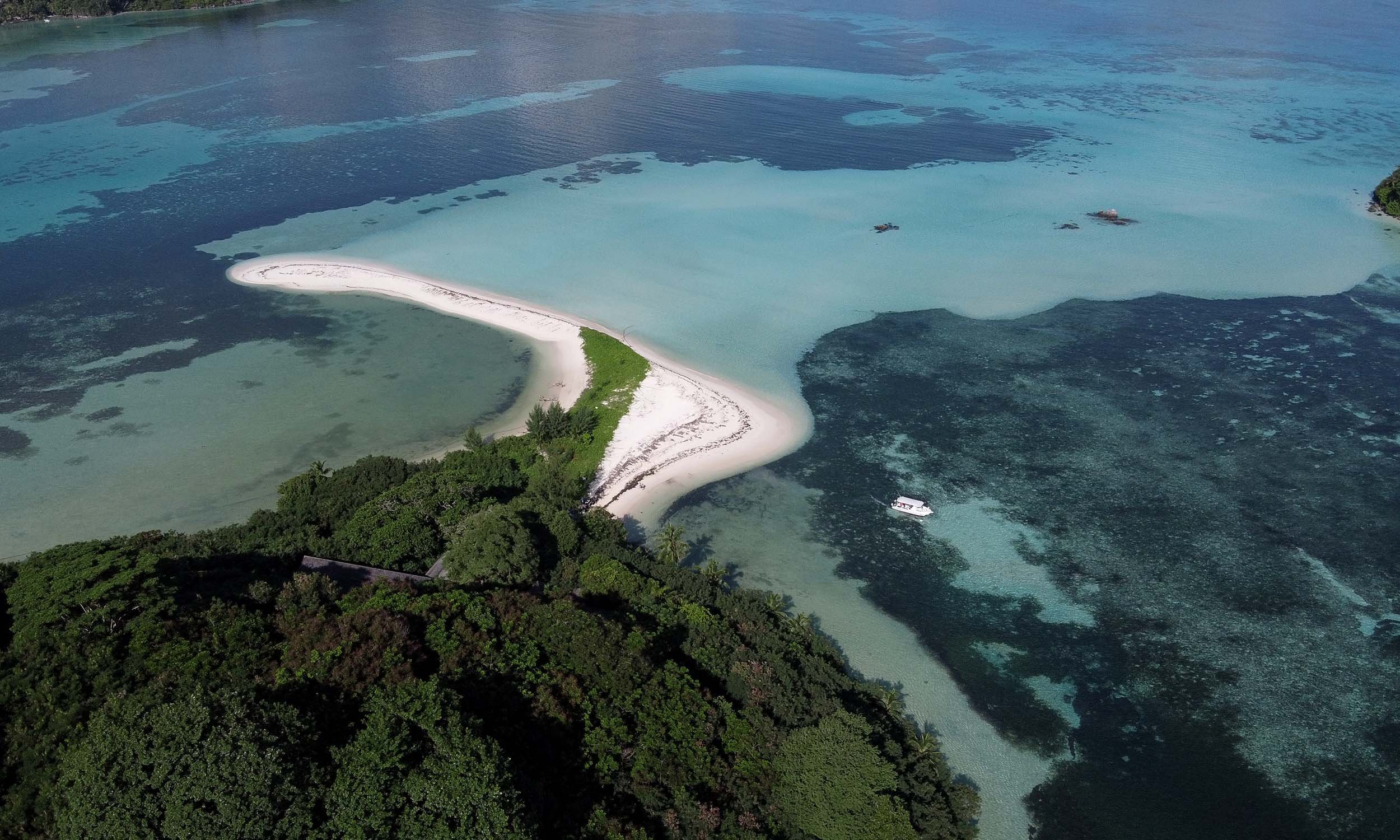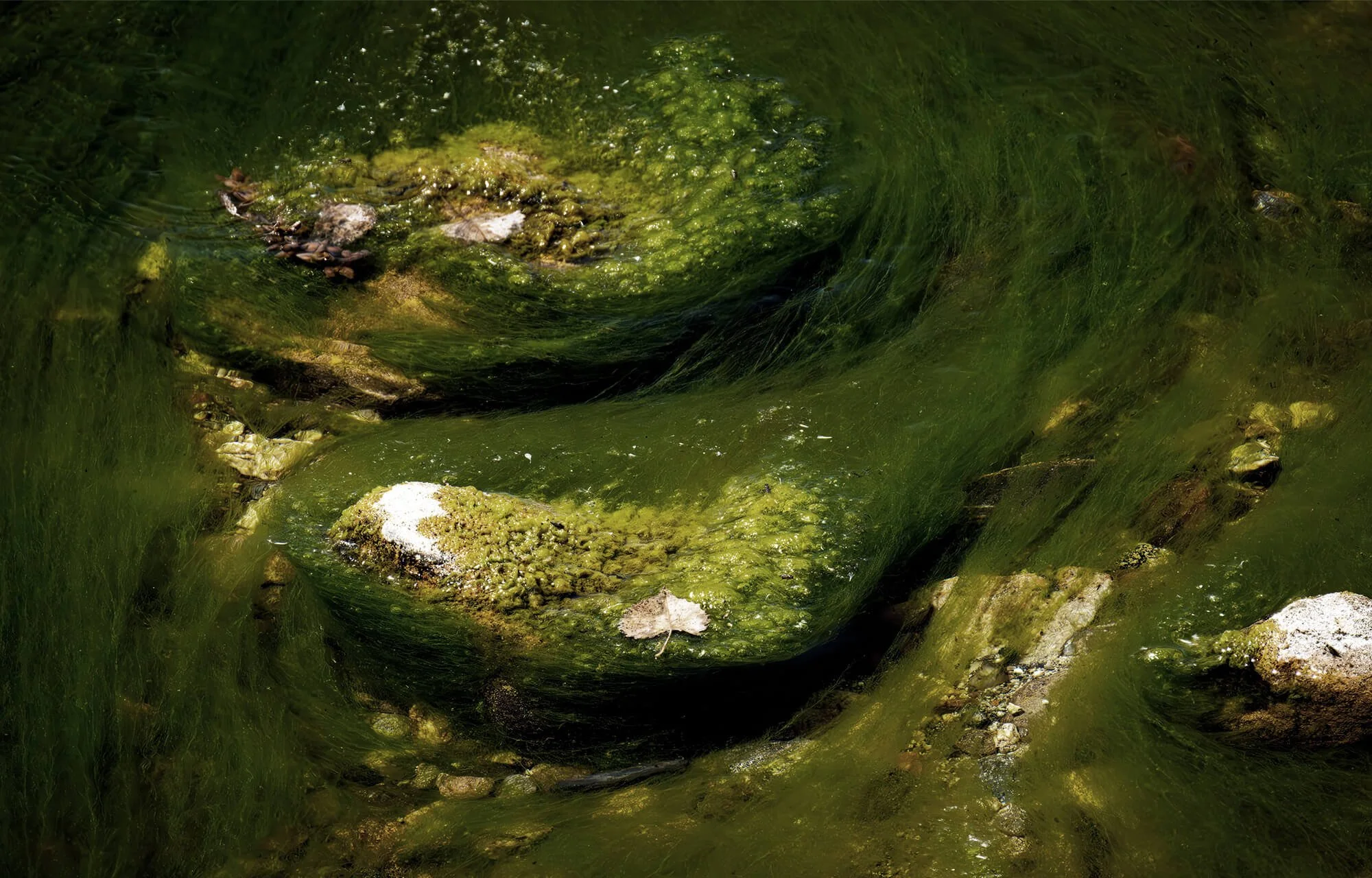Featured AIR Pledger: DOMINIQUE DRAKEFORD
sustainable fashion consultant, creative director and community advocate
Dominique Drakeford is a Parley AIR Pledger, sustainable fashion consultant, creative director, and community advocate. Her work is about bringing fairness to storytelling on sustainability and championing the values of inclusive representation and informed responsibility. Parley caught up with Dominique to talk about accessibility, systemic-solutions, and the importance of a multi-disciplinary approach to environmental issues.
For me the most important thing is education. I think a lot of times we are so quick to move without a holistic educational understanding of the best way to move.
Dominique Drakeford
How did you first come to get involved in the environmental cause?
I’ve been in the eco space for a long time now, and always exploring it in a multi-disciplinary way. I did a masters program at NYU on Sustainable Entrepreneurship and Fashion, and before that I did my bachelor’s in Business Environmental Management. When I first started looking, everything was separate. You take fashion here, and on this side you do sustainability, but now there is a lot of marriage between the two. A lot of things are starting to come together which is really cool, and there are so many more opportunities in the intersections.
What is the role of style and creative direction in the environmental conversation?
I remember when I first started working in PR and consulting, and especially coming from California, sustainability has such a crunchy, granola, tree-hugger aesthetic and feel, and that is how the conversations were. Which in a way is great, but I think in order to really drive the conversation, sustainability has to be presented as fun. It has to be presented as edgy, and cool, and luxury, and contemporary. It needs to be presented as all of these things in order to really have a competitive chance against the mainstream fashion industry. Creative direction plays a huge role in that. I want to see ‘being environmental’ look really dope, and it has the capacity to be that.
Let’s talk more about the humanitarian aspect of the environmental movement.
The mainstream definition for the environmental movement is completely backwards. There needs to be a stronger conversation and activation around the social and cultural component of it, and I actually think that it is from that place, that change is going to happen. If you focus on the human aspects, the environmental component will organically transpire. The conversation unequivocally has to be about justice. It has to be about the colonial structures that are creating these institutions where black and brown people globally are the ones who are most disproportionately affected by the effects of climate change. When you add the social-political and human elements to the conversation, what needs to happen is going to completely shift. The movement is currently stagnant in many ways – it needs more bridges.
Tell me a bit more about the goals and vision behind MelaninAss and SustainableBK
After being really immersed in this space for almost 8 years, and attending all of these events and symposiums, I started to discover that there is a huge disconnect between those who have agency in the space and the people who are being affected by it. I began questioning how we are being taught and talking about sustainability. This appears in the faces that are representing the movement, and in the images that are being created around it. Black and brown women are barely represented, and if they are, it is only as laborers. MelaninAss was created from this realization. This frustration and anger was coupled with my love of my culture. I wanted to take all of that and create a platform where different people from all over the globe, who are doing amazing work, can come together. I needed to have a place to have conversations with other women who are of culture and pushing the boundaries with their brands and initiatives. It is critical for me to amplify these voices, and really begin to create a paradigm shift in who is driving this movement, and who has agency in this space.
I just recently started another initiative called SustainableBK with my partner, Whitney. We both live in Brooklyn and shared similar frustrations like being the only black girl in the room talking about sustainability. We both felt like the conversations tend to be very limited and like they don’t really reflect the experience of targeted communities. We decided to start this initiative where we are bridging the gap between the sustainability space and communities in Brooklyn. We are focused on providing resources, and creating events for those that are often overlooked. For us, sustainability is survival, so how can we incorporate survival with sustaining our culture and sustaining the planet?
What has been your biggest challenge?
Sharing my voice. Ironically, I hate speaking. I am not a public speaker. I get a lot of anxiety from it. I felt that my place was in PR and helping brands because I wanted to stay behind the scenes, but I then realized that this movement, and what I can bring to the table is bigger than me and my fear of speaking and having a voice, and the anxiety that comes with that. Realizing that I can do it, even if I make mistakes is a big accomplishment for me. So, yes, being able to share my voice as authentically as possible has been the biggest challenge.
Who, or what, inspires you to take action?
Growing up in Oakland and being surrounded by young black, brown, and indigenous kids that do so much with so little. They are finding innovative ways to use resources, and they’re tapping into explorative, creative avenues that often get overlooked. I am always inspired by young people who often get positioned as a lost cause, but they are actually more like flowers growing out of concrete. That is hands down my biggest inspiration.
Any advice for people looking to take action or get involved in the cause?
For me the most important thing is education. I think a lot of times we are so quick to move without a holistic educational understanding of the best way to move, which leads to us not understanding who is actually being affected. Educating yourself is uncomfortable, but it is going to garner a different set of results for how you tackle what is going on, and how you come up with solutions.
Favorite sea creature/spirit animal?
My spirit animal is a giraffe, but my sea animal has always been a dolphin. I think they are one of the most incredible animals of all time. They are super intelligent and swift, and beautiful. They deserve respect in the sea.
Follow Dominique on Instagram and learn more about her work with MelaninASS and SustainableBK.
Dominique’s AIR Pledge
@parley.tv | @parleyforoceans
#ParleyAIR

















